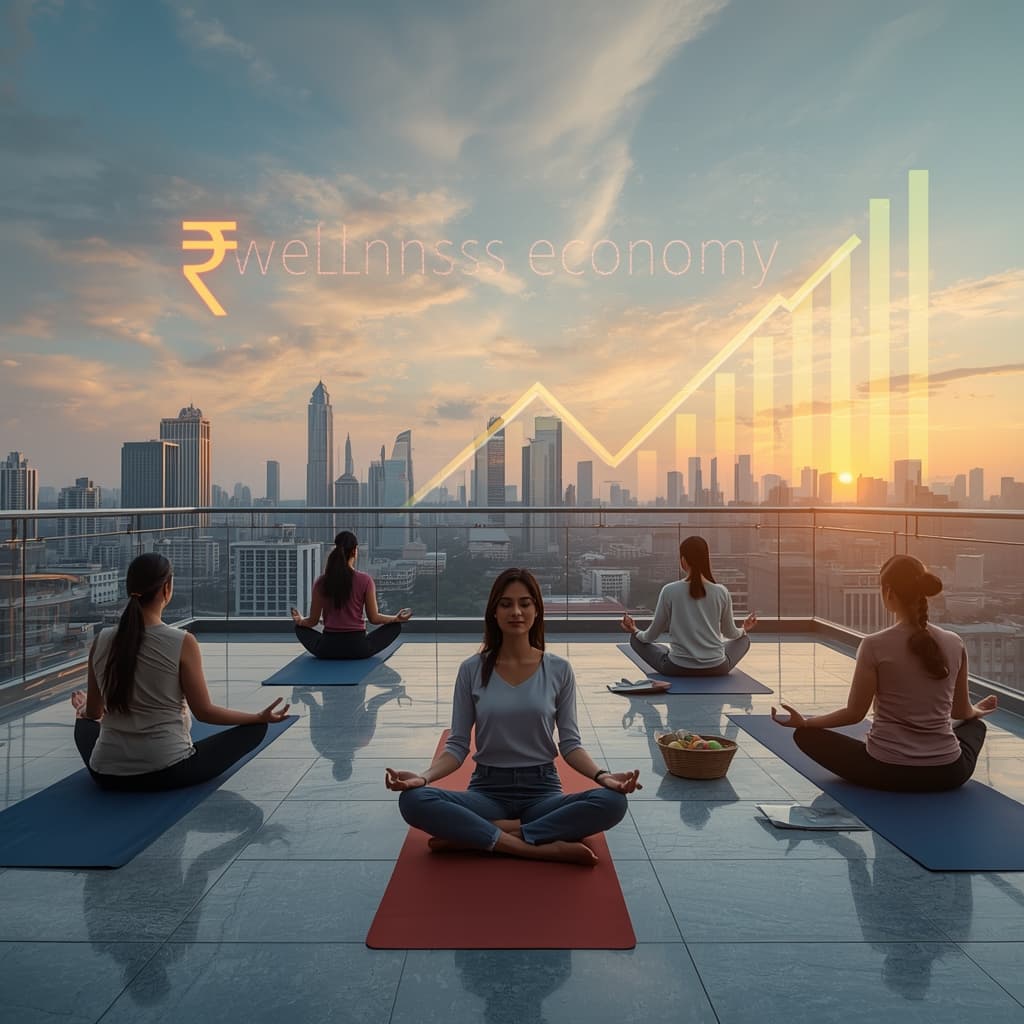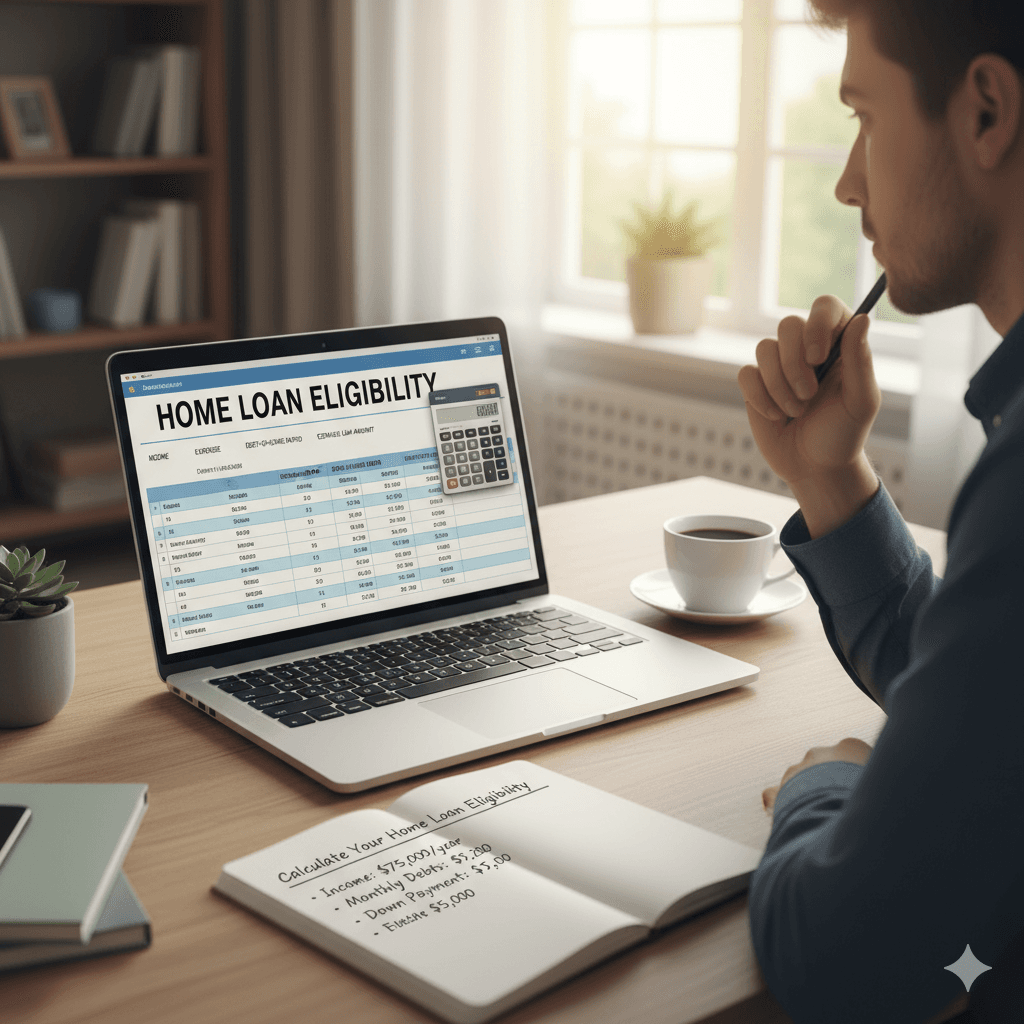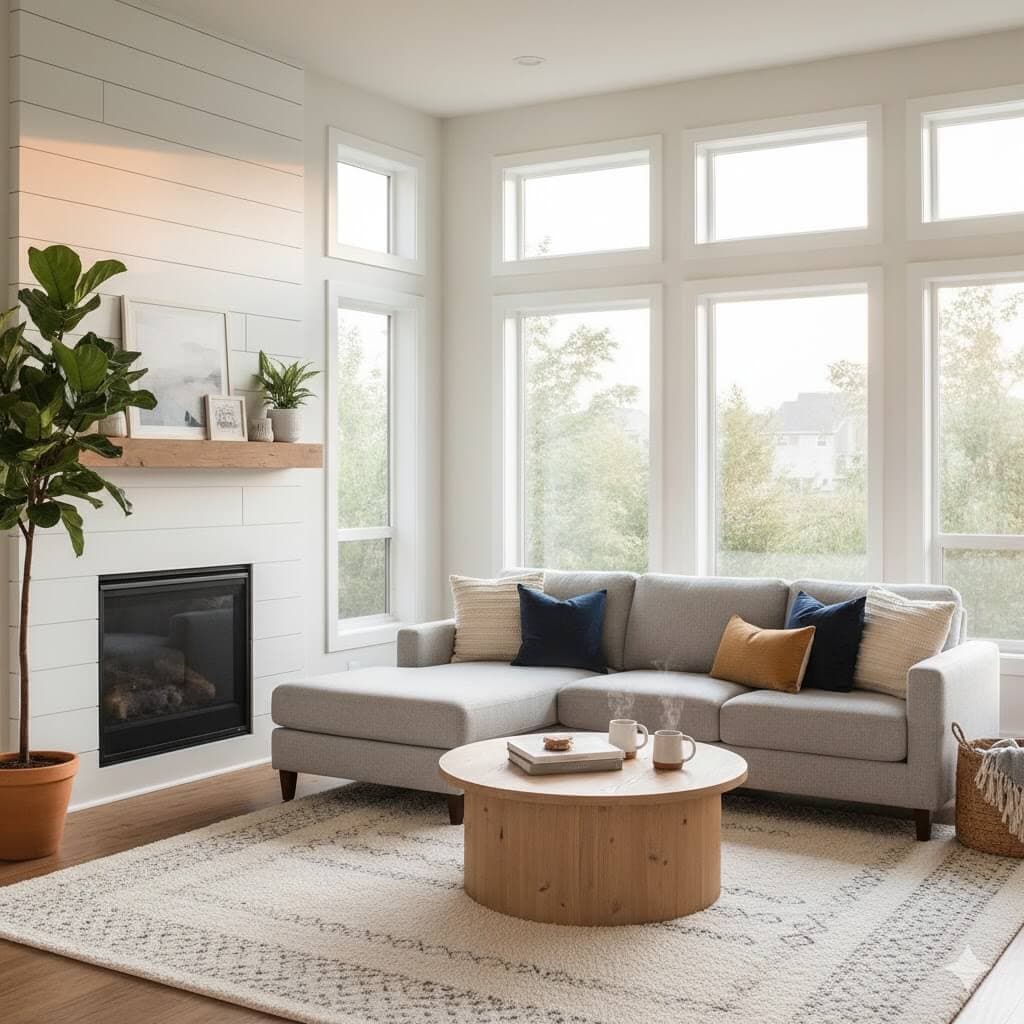Real Estate Investments: Buying Homes vs. Renting Out Property
Explore the pros and cons of buying homes versus renting them out in India. Learn how each strategy can impact wealth creation, cash flow, and long-term financial planning in 2025.

Real estate continues to be one of the most reliable avenues for wealth creation in India. In 2025, investors often face a choice: purchase a home for personal use or buy property to rent out. Each approach has its own financial benefits, risks, and implications for long-term growth. Here's how Nimokey can help you make an informed decision.
1. Buying a Home for Personal Use
Purchasing a home to live in provides stability, security, and long-term wealth accumulation. Key benefits include:
- Equity Building: Each EMI payment gradually increases your ownership stake in the property.
- Appreciation: Over time, property values may rise, contributing to capital growth.
- Tax Benefits: Home loan interest and principal repayments can qualify for deductions under sections 24(b) and 80C.
- Emotional Security: Owning a home eliminates rent dependency and provides a sense of permanence.
2. Buying Property to Rent Out
Investing in rental property focuses on generating income and wealth simultaneously. Consider the following:
- Rental Income: Provides a steady cash flow that can help cover loan EMIs or supplement income.
- Capital Appreciation: The property may increase in value over time, yielding a long-term return on investment.
- Tax Advantages: Rental income can benefit from deductions like property taxes, maintenance, and depreciation.
- Portfolio Diversification: Real estate offers an alternative asset class, reducing dependency on equities or fixed deposits.
3. Key Factors to Consider
- Location: For both personal and rental investments, location determines appreciation potential, rental demand, and market liquidity.
- Loan Terms: Evaluate interest rates, repayment flexibility, and prepayment options to ensure the loan aligns with financial goals.
- Cash Flow Management: For rental properties, consider EMI coverage, maintenance costs, and vacancy periods.
- Market Trends: Analyze supply-demand dynamics, neighborhood growth, and future infrastructure developments.
4. Pros and Cons at a Glance
| Strategy | Advantages | Challenges |
|---|---|---|
| Buying for Personal Use | Emotional security, equity building, tax benefits, appreciation | Requires long-term commitment, opportunity cost, limited liquidity |
| Buying to Rent Out | Steady cash flow, potential appreciation, tax advantages, diversification | Management responsibilities, market risk, vacancy periods, upfront investment |
5. Making the Right Choice
Your choice depends on financial goals, risk appetite, and lifestyle preferences. If you seek stability and long-term equity, buying a home to live in may be ideal. If you aim to generate income and diversify investments, renting out property can be a strategic move. Platforms like Nimokey Home Loan Calculator can help simulate loan EMIs, rental yields, and property appreciation to guide your decision.
Conclusion
Both strategiesbuying a home for personal use or renting out propertyoffer unique opportunities for wealth creation in 2025. By analyzing costs, potential returns, and personal objectives, investors can make informed real estate decisions. With the right planning and tools from Nimokey, you can leverage home loans to grow your financial future while enjoying the benefits of property ownership.
About Ayushi Payal
Real estate expert with over 10 years of experience helping clients navigate the property market. Specializing in investment and market analysis.



































































































